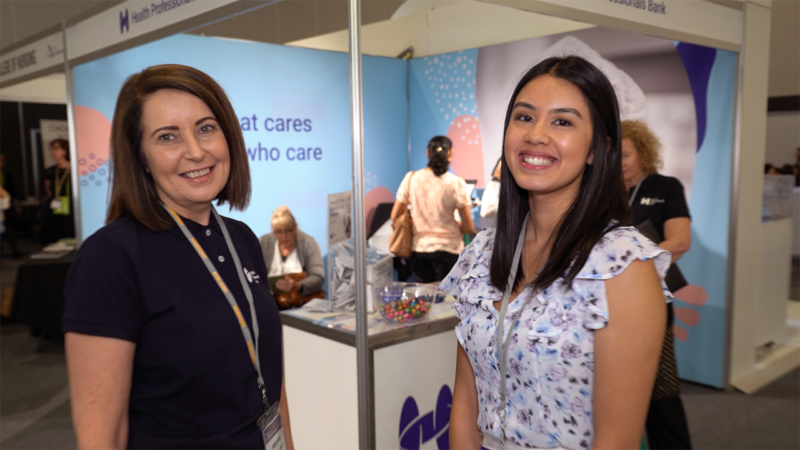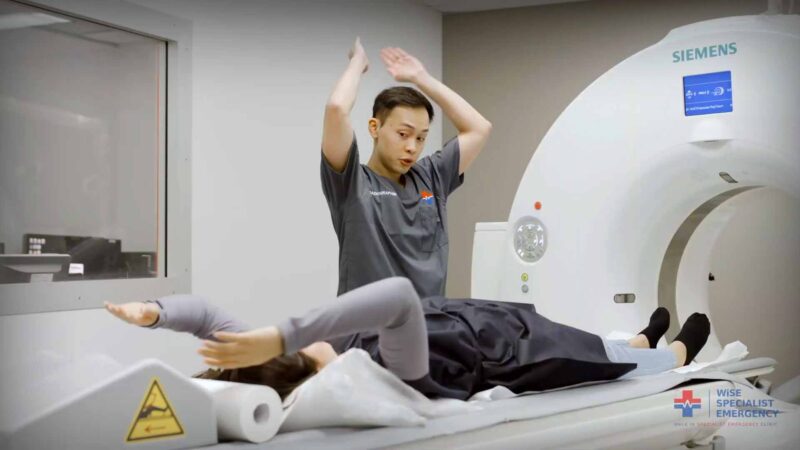Ensuring inclusion, diversity, equity and patient input in the development of novel drugs and medical devices has become well accepted in health care. However appropriate implementation of these elements has been a challenge for many. Only by implementing these conscious inputs can patient outcomes be improved and health disparities in marginalised groups be addressed.
Australian Health Journal spoke to Gillian Mason, Consumer and Community Involvement Lead at Hunter Medical Research Institute in Newcastle, NSW on this topic discussed at the recent ARCS Conference in Sydney.
Gillian is a proudly disabled and chronically ill health consumer and patient representative who is also a physiotherapist-researcher with more than 18 years’ experience of the health system from ‘both sides of the bedside’. She is passionate about improving access, inclusion and equity in healthcare for consumers and workforce. In 2021 she was one of 25 Australian women to be awarded the inaugural Brilliant Women in Digital Health Award for transforming the ways that people’s lived experience is valued and included in the design of human-centred, digitally enabled, accessible health systems.
The clinical trial sector needs to provide robust processes that ensure trust is built within these communities – and that processes are transparent and inclusive and importantly demonstrate a commitment to ethical and equitable practices.
“Inclusion and diversity are more than just words, they need to be backed up with meaningful actions and considerations of what they truly mean.”
“When we talk about diversity, we’re often centering whiteness.”, says Gillian.
According to Gillian, efforts to improve diversity, equity, and inclusion in clinical trials should address issues of racism, homophobia, and ableism to create a more inclusive environment
She states, ”Everyone who lives in Australia deserves access to high quality health care. They should be able to access these things without a huge burden or expense to them. It’s a human right to access health care.”
Having an inclusive approach to clinical trials is not just a nice thing to do, but it is essential for ensuring that treatments and medical services work for the entire population, rather than just a small group of people.
As Consumer and Community Involvement Lead at Hunter Medical Research Institute in NSW, Gillian manages the Research Volunteer Register and provides strategic advice, education, training and mentorship around consumer and community involvement in all stages of the research process to research teams.
Within the Australian Department of Health and Aged Care, Gillian is also the Deputy Chair of the Health Technology Assessment Consumer Consultative Committee, and a member of the Medical Service Advisory Committee.
You Might also like
-
AHW Exhibitor: Health Professionals Bank
Healthcare professionals recently had a new bank enter the market. Health Professionals Bank owned by Teachers Mutual Bank, commenced operations in February this year aiming to be a member owned bank that “Cares for those who care”. Exhibiting at Australian Healthcare Week in Sydney last week, General Manager Carolyn Murphy spoke with Australian Health Journal reporter, Anne Dao
Post Views: 2,096 -
Specialist emergency care clinics in rollout
Unlike Emergency Departments that operate within public hospitals and some private hospitals, a Walk-in Specialist Emergency Clinic is located in the community and designed to provide comprehensive, coordinated acute care – from initial consultation and diagnostic services, to treatment and specialist referral if required – without the patient having to visit a hospital.
Australian Health Journal spoke to the visionary, founder and CEO behind this WiSE Specialist Emergency clinic, Dr Pankaj Arora.
-
Allied Health Building Leadership Experience in Tasmania
A notable program run by Hospitals South is the ABLE program, or Allied Health Building Leadership Experience. This program was created to address the challenge of allied health professionals being seen as a single entity, rather than as individual disciplines, when it comes to leadership and management opportunities. The program is delivered entirely internally, with seminars presented by senior staff and mentorship opportunities for participants to become more effective representatives of allied health in meetings and working groups.



